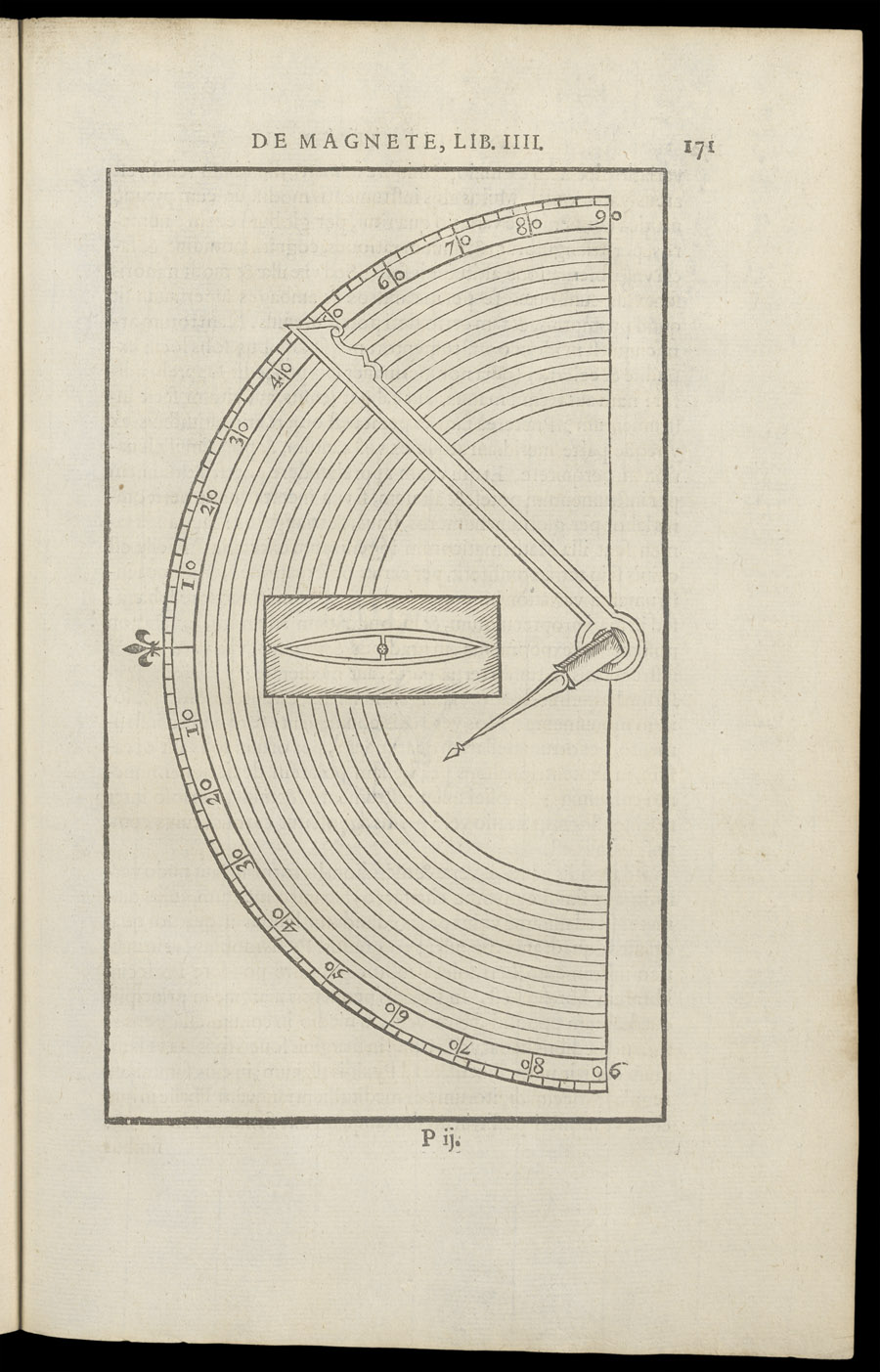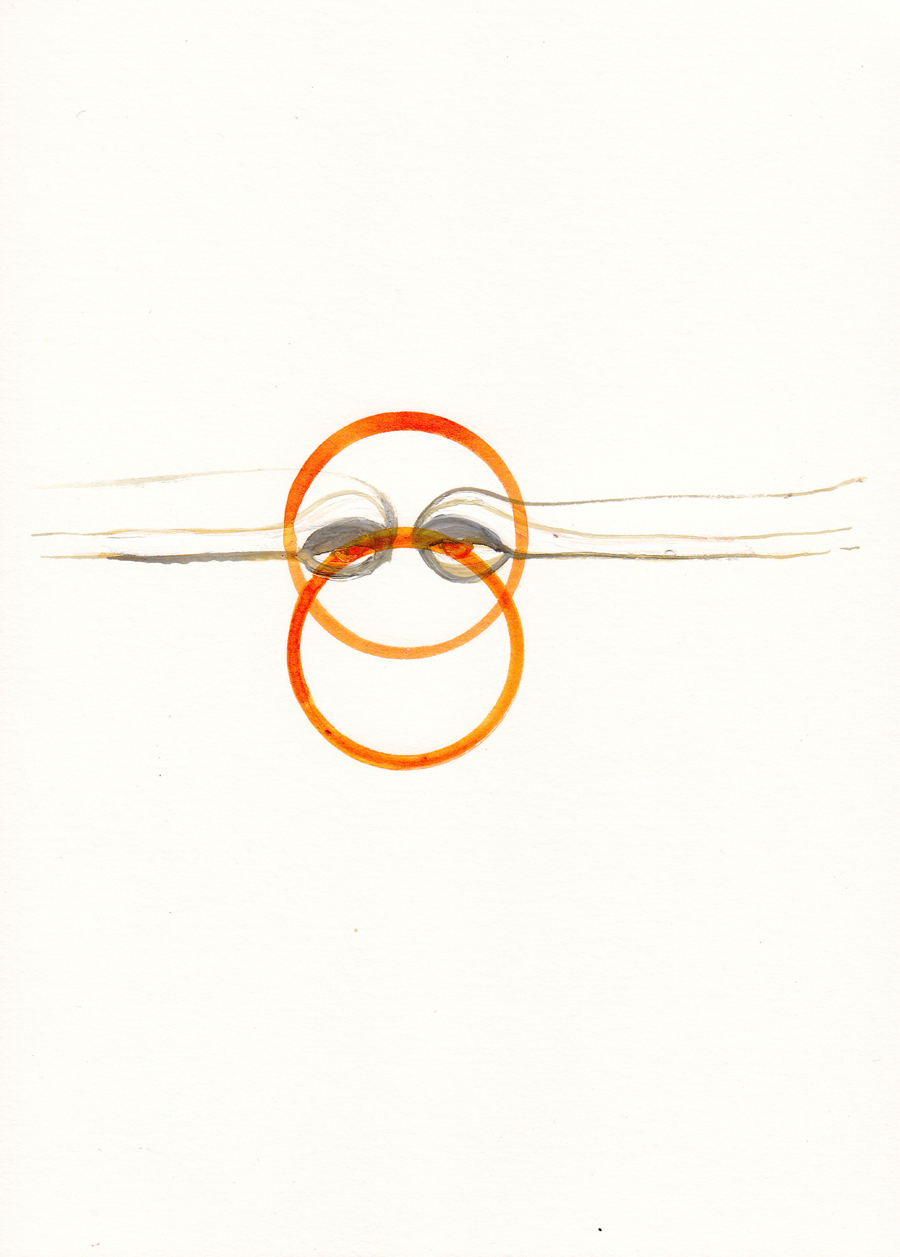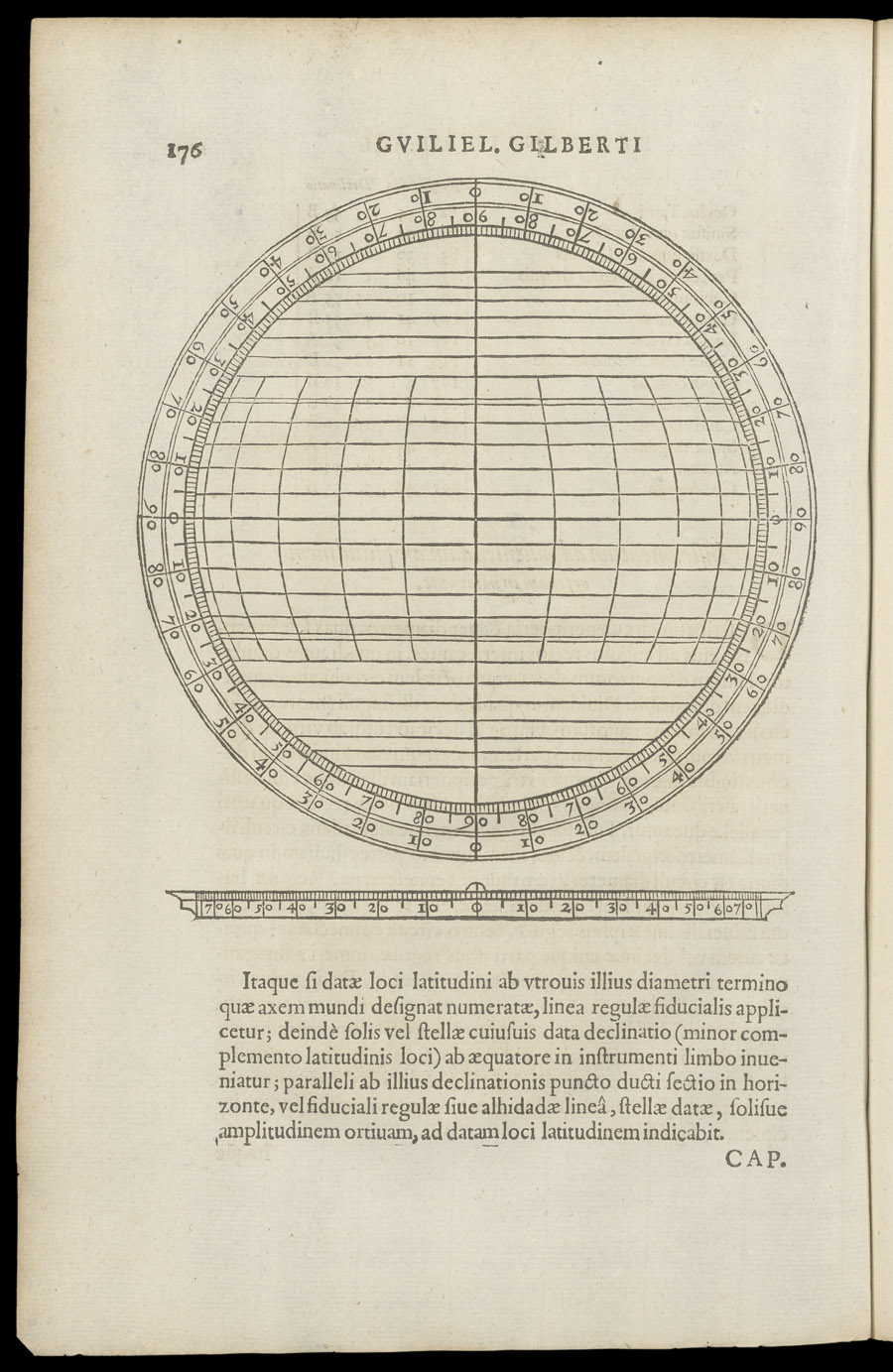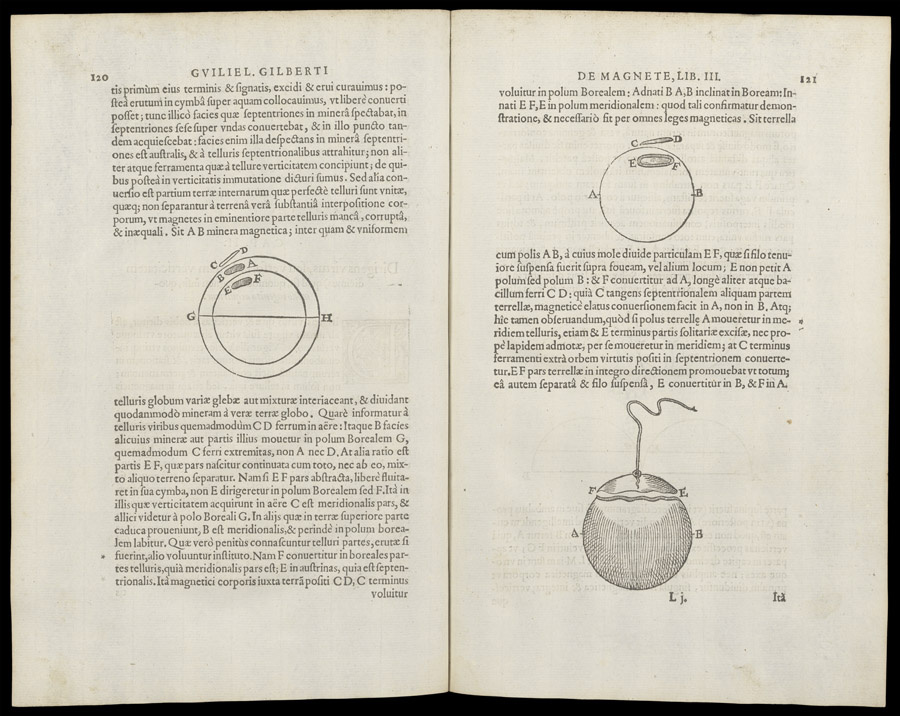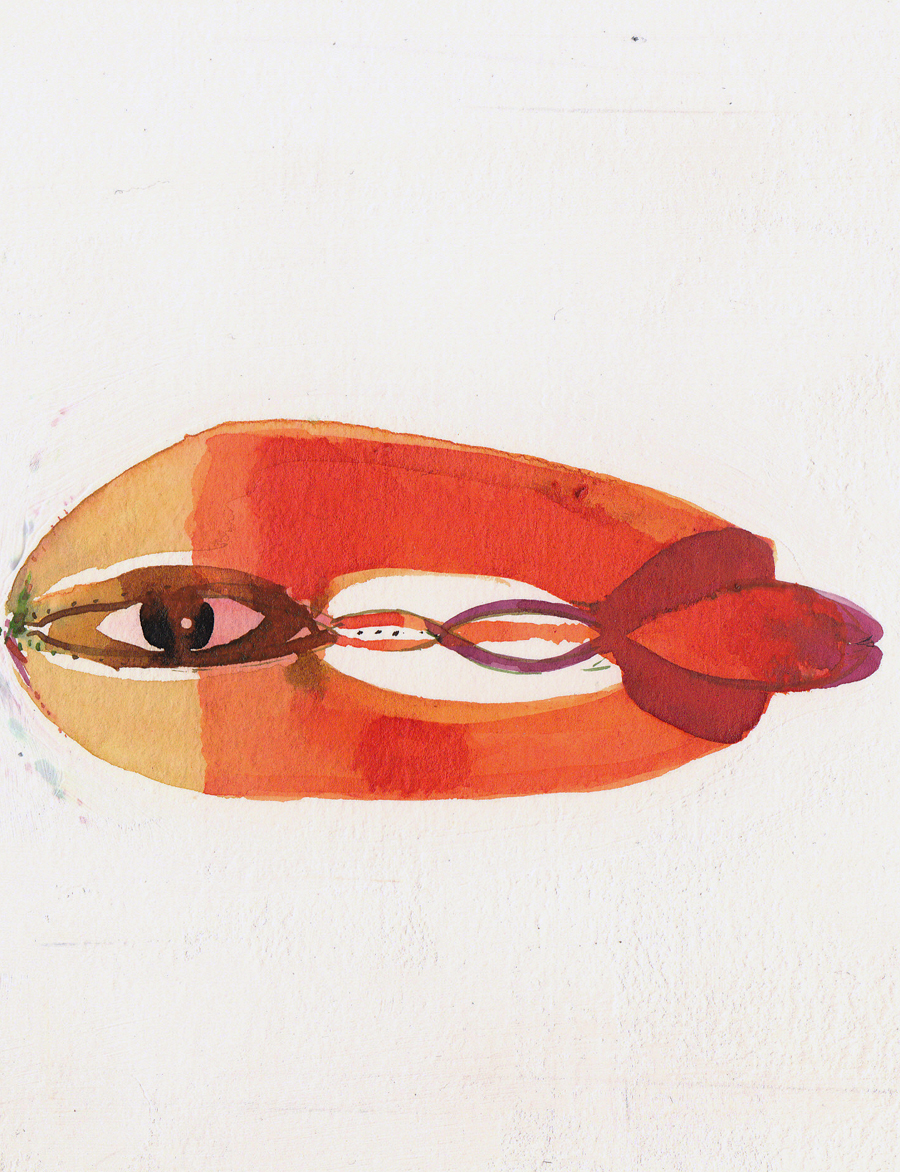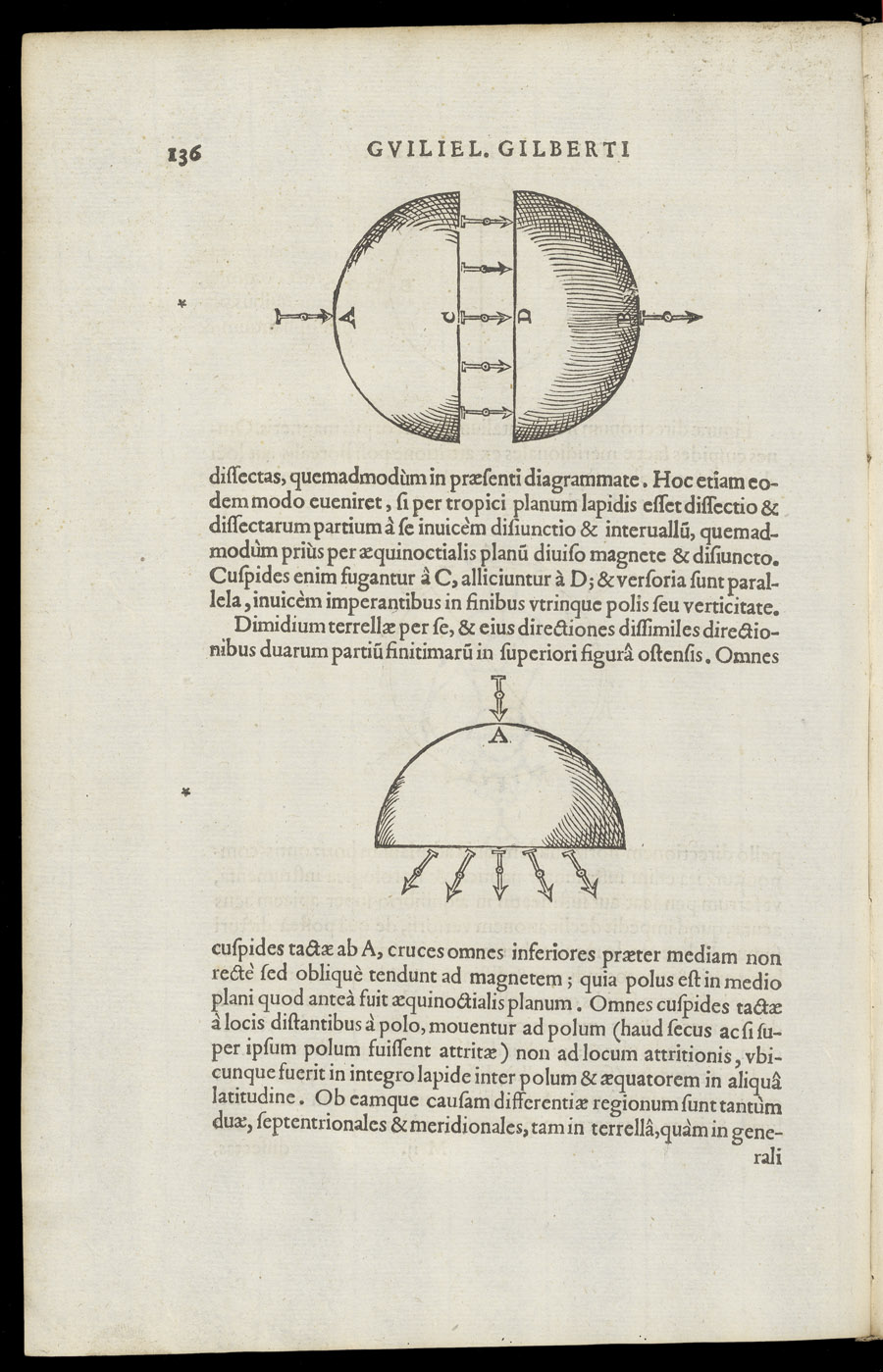Archive for 2011
Measuring Deviation
Monday, March 21st, 2011Variation compass, instrument for measuring magnetic deviation*; the instrument relates observations of the sun to observations of the magnetic needle. The instrument shows the variation by the shadow of the sun. The shadow is observed before and after noon and correlated with the direction of the needle. The observations are marked with chalk or ink on the plate (circles). Afterwards they are compared to each other to study the deviation. William Gilbert, De Magnete (London: Petrus Short, 1600), Zentralbibliothek Zürich, Alte Drucke und Rara, XVI.28, p. 171.
* Deviation: The direction of a compass needle is deviating from the north-south-direction at different places of the globe. Sebastain Cabot first discovered and reported this fact, except for Columbus who didn’t report it officially. Deviation is also named “variation”.
Rising and Setting of Stars
Friday, March 18th, 2011Instrument for finding the ortive amplitude on the horizion, i.e.: for measuring the rising and setting of a star in relation to the horizon. William Gilbert, De Magnete (London: Petrus Short, 1600), Zentralbibliothek Zürich, Alte Drucke und Rara, XVI.28, p. 176.
Separating a Small Part from the Globe (Magnetic Stone)
Friday, March 18th, 2011Image 1, GH are the poles, EF is a piece of magnetic stone in the earth and is not separated from the whole; BA is a mine and partly separated from the earth; CD is a mass of iron in the air. Image 2, the separated part EF behaves quite differently from the iron bar CD. Image 3, when the separated part EF is suspended by thread, E will turn to pole B and F to pole A. [ZB Magnet 2] William Gilbert, De Magnete (London: Petrus Short, 1600), Zentralbibliothek Zürich, Alte Drucke und Rara, XVI.28, p. 120f.; descriptions follow the translation of P. Fleury Mottelay [1893] (New York: Dover, 1958), p. 186f.
A Globe (Magnetic Stone) Cut in Two at the Equator
Thursday, March 17th, 2011First image: All points of the needles have been magnetized by pole A. Second image: Half of the globe (spherical loadstone) by itself, the pointers except the middle one tend not in a right line but obliquely. [ZB Magnet 2] William Gilbert, De Magnete (London: Petrus Short, 1600), Zentralbibliothek Zürich, Alte Drucke und Rara, XVI.28, p. 136; descriptions follow the translation of P. Fleury Mottelay [1893] (New York: Dover, 1958), p. 206f.


